What role does the crankshaft play in the operation of a car engine?




| Product name: | What role does the crankshaft play in the operation of a car engine? |
| Keywords: | The crankshaft's unique structure and the crankshaft's interior. |
| Industry: | Transportation - Automobile manufacturing industry |
| Process: | Forging - Free forging |
| Material: | Alloy steel |
Processing manufacturer
- There are 32 manufacturers that provide similar products
- There are 137 manufacturers that provide this processing technology
- There are 116 manufacturers that provide this material processing service
- There are 194 manufacturers that provide this industry processing service
Product details
The crankshaft is a core component of a vehicle engine, playing a crucial role in converting the reciprocating motion of the pistons into rotational motion. As the engine's power output hub, the crankshaft directly impacts its performance, smoothness, and reliability.
During engine operation, the crankshaft is connected to the pistons via the connecting rod, converting the linear thrust generated by the explosion of fuel in the combustion chamber into rotational torque. This energy conversion process not only provides propulsion for the vehicle but also drives accessories such as the camshaft, water pump, and generator.
The crankshaft's unique structural design balances the inertial forces generated by piston movement, reducing engine vibration. High-performance engine crankshafts are also precision-dynamically balanced to ensure smooth operation at high speeds.
In addition, the crankshaft typically has internal oil passages that deliver lubricating oil to critical components such as the connecting rod bearings. It is typically constructed from high-strength alloy steel, heat-treated, and precision-machined to withstand significant alternating loads. The crankshaft's operating condition directly determines the engine's power output and service life, making it an essential component for proper engine operation.
During engine operation, the crankshaft is connected to the pistons via the connecting rod, converting the linear thrust generated by the explosion of fuel in the combustion chamber into rotational torque. This energy conversion process not only provides propulsion for the vehicle but also drives accessories such as the camshaft, water pump, and generator.
The crankshaft's unique structural design balances the inertial forces generated by piston movement, reducing engine vibration. High-performance engine crankshafts are also precision-dynamically balanced to ensure smooth operation at high speeds.
In addition, the crankshaft typically has internal oil passages that deliver lubricating oil to critical components such as the connecting rod bearings. It is typically constructed from high-strength alloy steel, heat-treated, and precision-machined to withstand significant alternating loads. The crankshaft's operating condition directly determines the engine's power output and service life, making it an essential component for proper engine operation.
Previous article : Hydraulic Manifold: Controlling Hydraulic System Pressure
Next article : Intermediate Shaft: The Key Link in Power Transmission
Similar products
More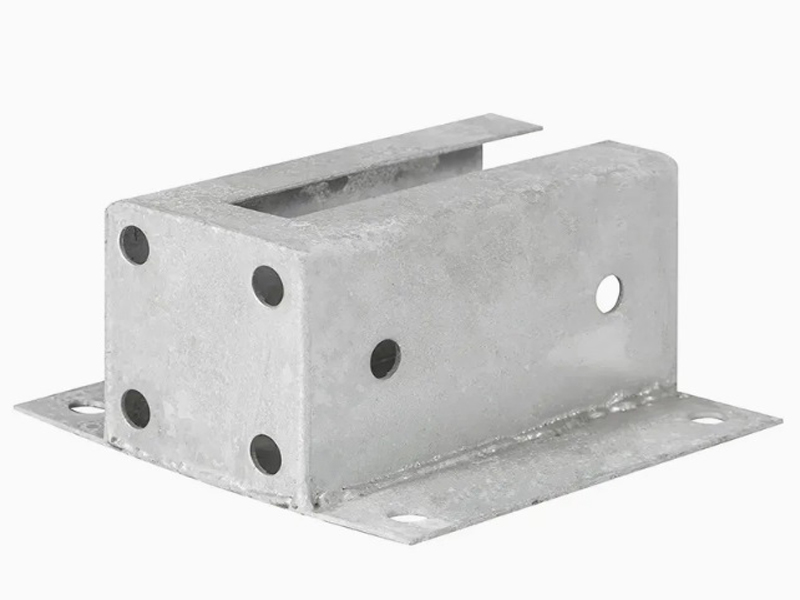
Machining Process Analysis of Carbon Steel Fixed Anchor Plates
- Process : Machining - CNC milling or milling machining
- Material : Carbon steel
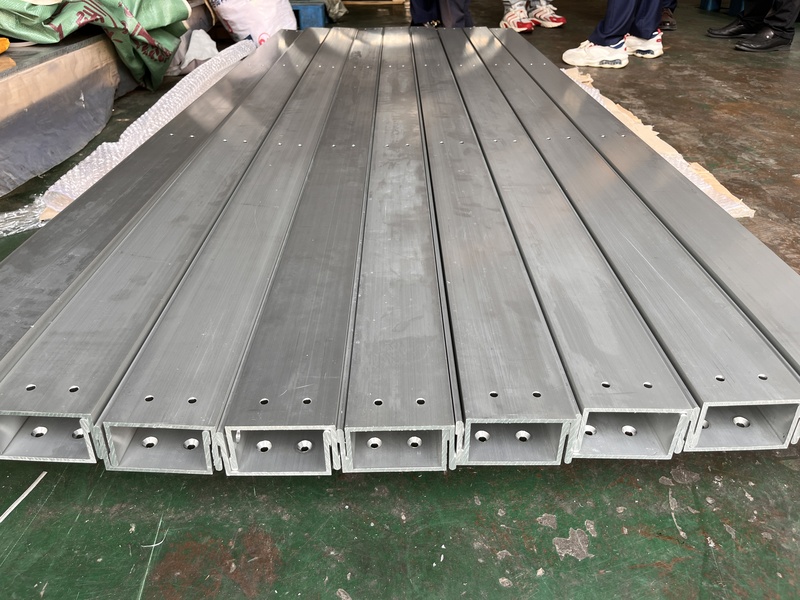
Precision Machining of U-Steel Profiles for Building Applications
- Process : Stamping - General stamping
- Material : Aluminum
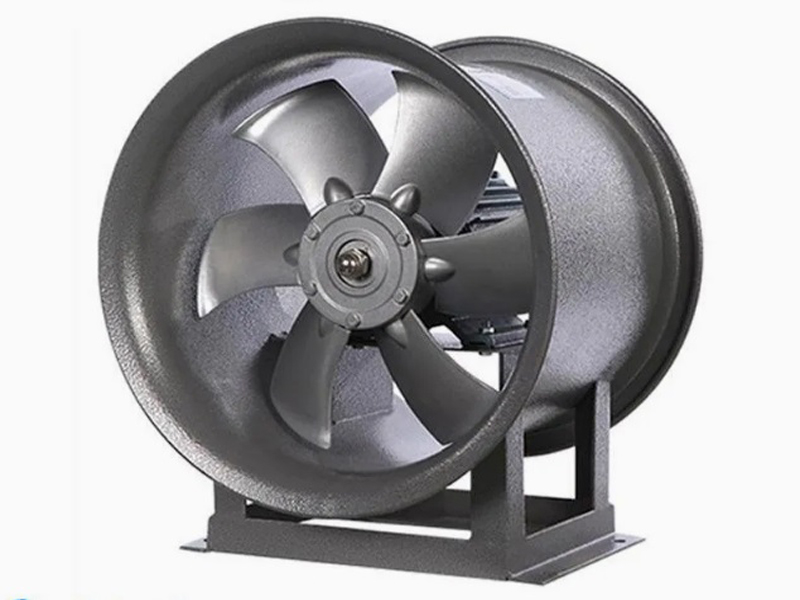
What are the machining processes used for processing axial fan housings
- Process : Sheet metal - Welding
- Material : Carbon steel
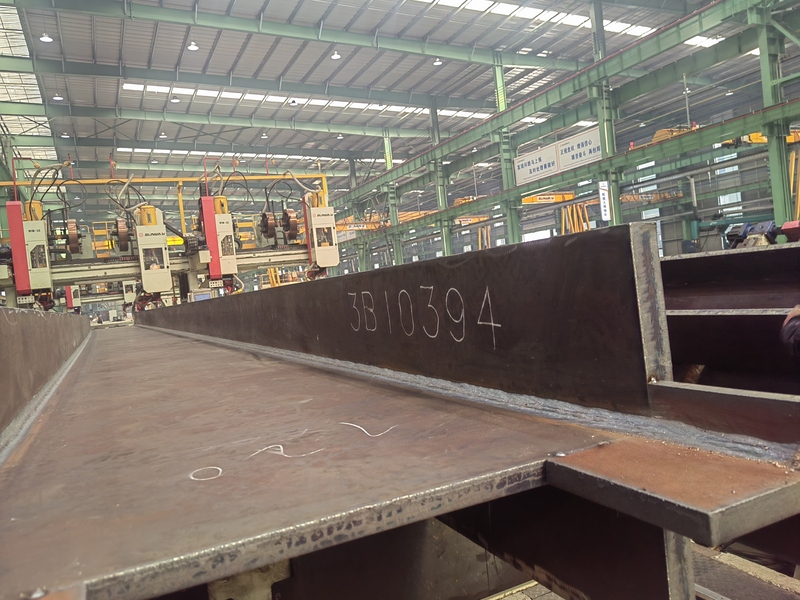
Custom Fabrication of S355JR Welded H-Beams for Construction Projects
- Process : Sheet metal - Welding
- Material : Carbon steel
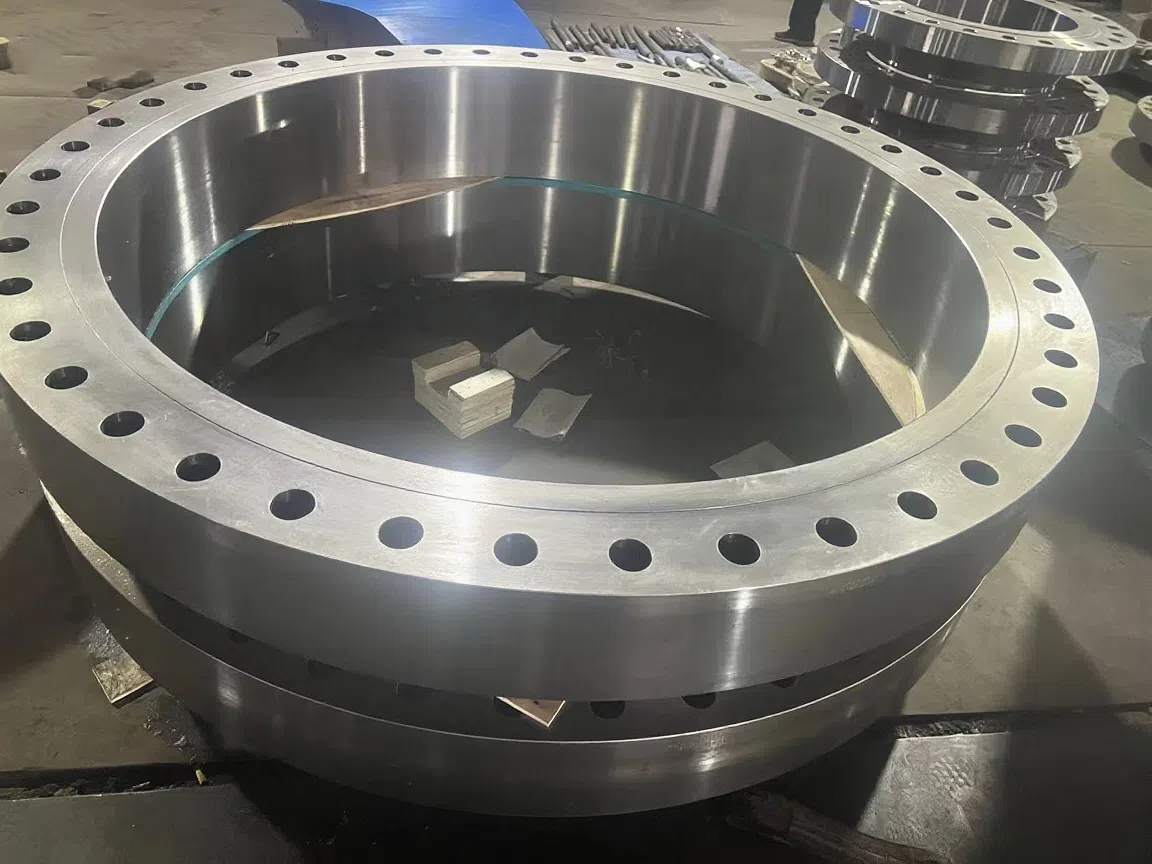
Heavy-Walled Flange Milling-Turning Machining and Flaw Detection
- Process : Machining - Turning Milling compound
- Material : Alloy steel
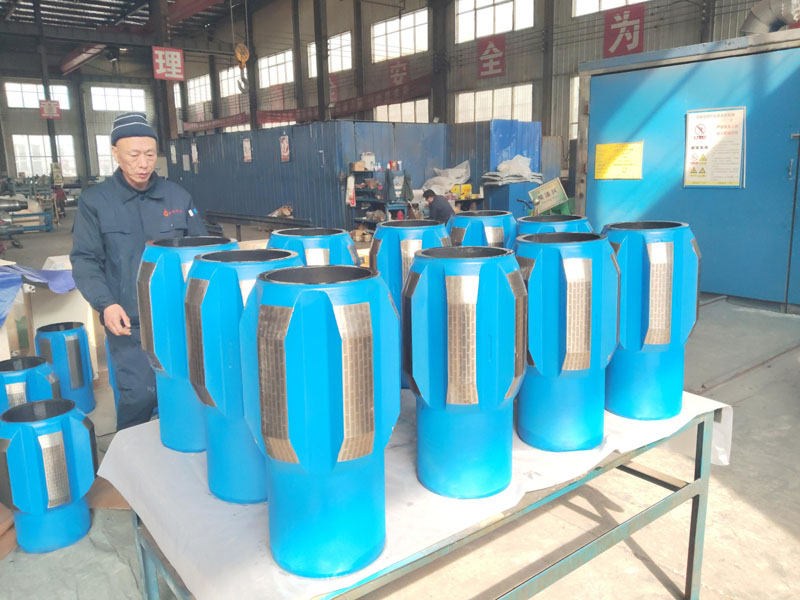
Drill Stabilizers Applied in Oil Drilling Platforms
- Process : Machining - Five-axis machining
- Material : Alloy steel
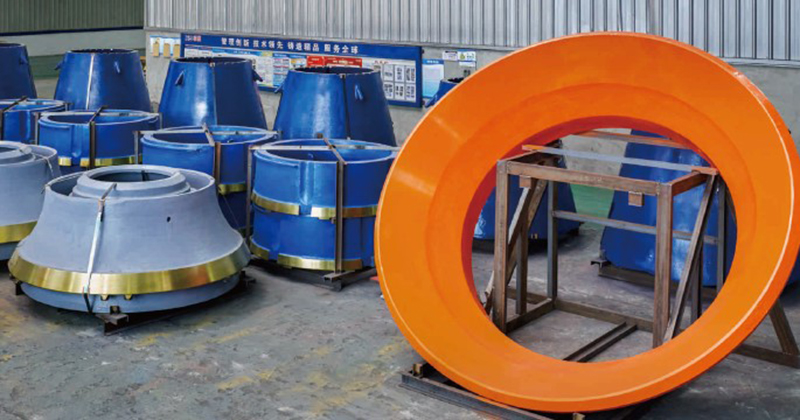
Cone Crusher Mantle
- Process : -
- Material :
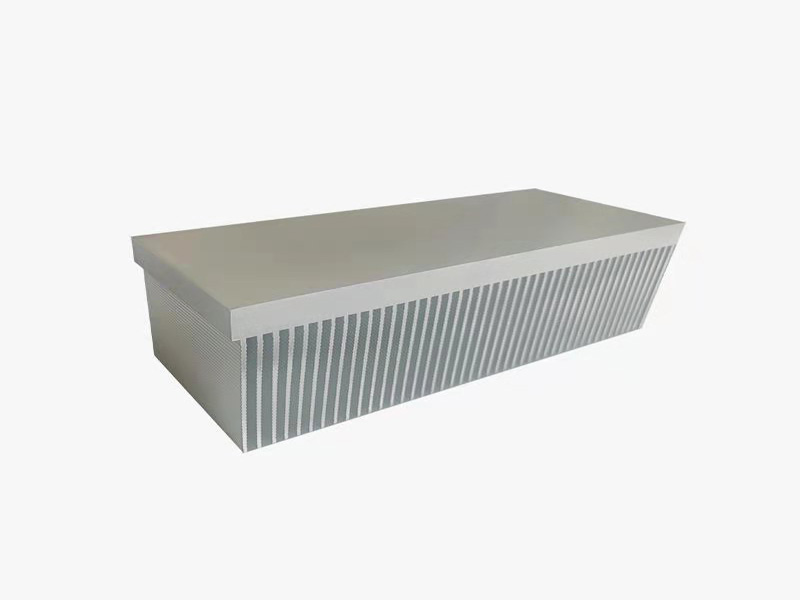
Innovative skiving technology: Breaking through the bottleneck of high-density heat dissipation technology
- Process : Surface treatment - Others
- Material : Alloy steel
More products
More
Machining Process Analysis of Carbon Steel Fixed Anchor Plates
- Process : Machining - CNC milling or milling machining
- Material : Carbon steel

Precision Machining of U-Steel Profiles for Building Applications
- Process : Stamping - General stamping
- Material : Aluminum

What are the machining processes used for processing axial fan housings
- Process : Sheet metal - Welding
- Material : Carbon steel

Custom Fabrication of S355JR Welded H-Beams for Construction Projects
- Process : Sheet metal - Welding
- Material : Carbon steel

Heavy-Walled Flange Milling-Turning Machining and Flaw Detection
- Process : Machining - Turning Milling compound
- Material : Alloy steel

Drill Stabilizers Applied in Oil Drilling Platforms
- Process : Machining - Five-axis machining
- Material : Alloy steel

Cone Crusher Mantle
- Process : -
- Material :

Innovative skiving technology: Breaking through the bottleneck of high-density heat dissipation technology
- Process : Surface treatment - Others
- Material : Alloy steel